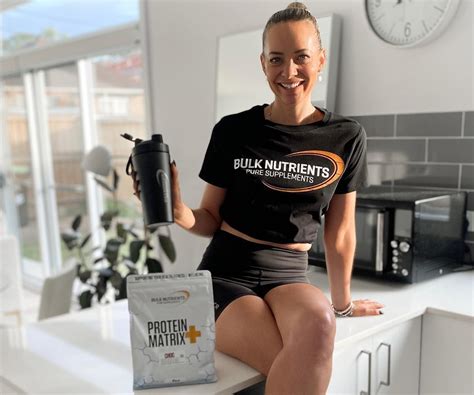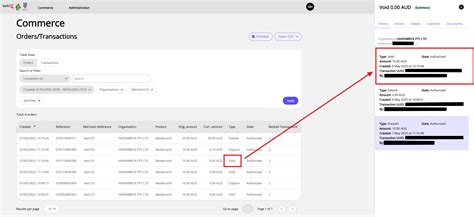Best protein timing for men’s muscle growth & recovery?

Unlocking Your Anabolic Potential: The Science of Protein Timing
For men dedicated to building muscle and optimizing recovery, protein is undeniably king. It provides the essential amino acids needed to repair muscle tissue damaged during training and synthesize new muscle proteins. But beyond simply consuming enough protein, the question often arises: does when you eat your protein matter? Let’s delve into the science of protein timing to separate myth from reality and uncover the most effective strategies for maximizing muscle growth and recovery.
Why Protein Timing Matters for Muscle Adaptation
The human body is constantly in a state of flux, balancing muscle protein synthesis (MPS) – the process of building new muscle – and muscle protein breakdown (MPB). Resistance training stimulates MPS but also increases MPB. To achieve a net positive protein balance, which is crucial for muscle hypertrophy, sufficient amino acids must be available. Timing protein intake can influence the availability of these amino acids, potentially amplifying the anabolic response and accelerating recovery.

The Anabolic Window: Myth vs. Reality
For years, the concept of a critical ‘anabolic window’ immediately following a workout was heavily emphasized. The belief was that if you didn’t consume protein within 30-60 minutes post-exercise, you’d miss out on significant gains. While it’s true that muscles are highly receptive to nutrients after training, modern research suggests this window is much wider than previously thought.
- Reality: For most individuals, especially those consuming protein at regular intervals throughout the day, the ‘anabolic window’ extends for several hours post-exercise. The key is ensuring a consistent supply of amino acids, not just a frantic dash to consume protein immediately after your last set.
- Practicality: While not strictly necessary for everyone, a post-workout protein shake or meal remains a convenient and effective way to kickstart recovery, especially if your last meal was many hours prior to training.
Optimal Protein Distribution Throughout the Day
Perhaps the most critical aspect of protein timing isn’t a single post-workout meal, but rather the consistent distribution of protein intake across the entire day. Studies indicate that optimizing muscle protein synthesis requires repeated ‘doses’ of protein, roughly every 3-4 hours.
Aim for 20-40 grams of high-quality protein (containing adequate leucine, the primary amino acid signaling MPS) at each major meal. This strategy ensures a steady supply of amino acids, keeping MPS elevated and preventing excessive muscle protein breakdown, fostering a more anabolic environment overall.

Pre- and Post-Workout Protein: What’s the Best Approach?
While total daily protein is paramount, pre- and post-workout protein intake still plays a valuable role for many:
- Pre-Workout Protein: Consuming protein (e.g., 20-30g) 1-3 hours before training ensures amino acids are readily available during and immediately after your workout, potentially reducing muscle damage and enhancing recovery. This is particularly beneficial if you train fasted or haven’t eaten in several hours.
- Post-Workout Protein: As mentioned, this is convenient and effective. A rapid-digesting protein like whey, or a complete meal with lean protein and carbohydrates, can replenish glycogen stores and provide amino acids for repair. Aim for 20-40 grams within a few hours of training.

Pre-Sleep Protein: Fueling Overnight Recovery
One often-overlooked timing strategy is consuming protein before bed. During sleep, your body undergoes a period of fasting, and MPB can exceed MPS. A slow-digesting protein like casein (found in dairy, often in cottage cheese or a casein protein powder) provides a sustained release of amino acids for several hours.
Research shows that consuming 30-40 grams of casein protein before sleep can significantly increase overnight MPS and improve net protein balance, contributing to greater muscle gains and enhanced recovery over time.
Total Daily Protein Intake: The Big Picture
While timing has its benefits, it’s crucial to understand that it optimizes an already effective strategy, but doesn’t replace it. The single most important factor for muscle growth and recovery is meeting your total daily protein intake targets. For active men aiming for muscle hypertrophy, current recommendations typically range from 1.6 to 2.2 grams of protein per kilogram of body weight (or 0.7 to 1.0 grams per pound of body weight).
If you’re hitting these targets consistently, you’re already 90% of the way there. Timing simply helps you squeeze out that extra 10% efficiency.

Practical Tips for Men’s Protein Timing
- Prioritize Daily Intake: Ensure you hit your total daily protein goal first and foremost.
- Distribute Evenly: Aim for 20-40 grams of protein every 3-4 hours across 4-6 meals/snacks.
- Pre-Workout Strategy: If training fasted or several hours after your last meal, consume 20-30g protein (e.g., a shake) 1-3 hours before.
- Post-Workout Convenience: A post-workout shake (20-40g whey) or a balanced meal within a few hours is beneficial, especially for recovery and if your next meal is delayed.
- Pre-Sleep Boost: Consider 30-40g of casein or slow-digesting protein before bed for enhanced overnight recovery.
- Quality Matters: Focus on whole, unprocessed protein sources like lean meats, poultry, fish, eggs, dairy, and legumes.
Conclusion
While the ‘anabolic window’ is less restrictive than once believed, strategic protein timing can certainly optimize your muscle growth and recovery efforts. The most impactful strategy for men is to ensure a high total daily protein intake, distributed consistently throughout the day in adequate doses. By incorporating pre- and post-workout protein, and especially pre-sleep protein, you can create an optimal anabolic environment that maximizes your gains and helps you recover faster, allowing you to hit the gym harder day after day.








